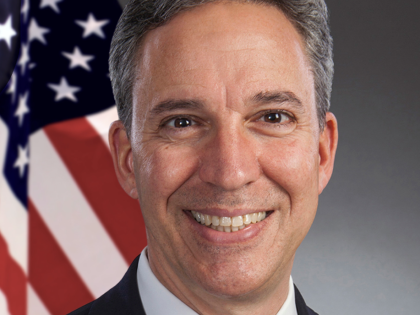
Senator Martins Introduces Bill to Protect Drinking Water From Hydro-Fracking Waste
Jack M. Martins
March 2, 2012
-
ISSUE:
- Environment

Senator Jack M. Martins has introduced a bill that prohibits the storing and processing of hydraulic-fracturing waste water in areas of New York State where drinking water is derived primarily from a sole source aquifer, including Nassau and Suffolk counties.
The process of hydraulic-fracturing involves injecting water along with chemicals into shale rock formation at high pressure to release natural gas. Senator Martins’ bill (S.6583) will ban the treatment, storage or processing of that drilling fluid as well as any waste resulting from the exploration, development, extraction or production of crude oil or natural gas, in areas that rely primarily on a single water source.
The bill is particularly important for Long Island communities. Surrounded by saltwater, Long Island derives its drinking water from groundwater. In fact, Nassau and Suffolk counties depend on a sole source aquifer for drinking water and consume an estimated 375 million gallons of water per day just from this source. This bill’s goal is to safeguard this extremely sensitive sole source aquifer that Long Island relies on.
In September 2009, the New York State Department of Environmental Conservation (DEC) issued the Draft Supplemental Generic Environmental Impact Statement for potential natural gas drilling activities in the Marcellus Shale formation. The extensive public comments revealed a significant concern with potential contamination of groundwater and surface drinking water supplies that could result from this new technology.
“I’m clearly not alone in my concern about the possibility of hydraulic fracturing chemicals seeping into our drinking water. Frankly speaking, we can’t afford a mishap with hazardous waste, certainly not in areas that rely on a sole source for water. It makes no sense to take a chance that could have tragic results for our environment. This bill makes sure that kind of mistake never happens.”
The same DEC statement also included Long Island waste water treatment facilities on a list of potential locations that could process fracturing waste if specified upgrades were implemented. Senator Martins responded, “The economic benefits of hydro-fracking have been well-publicized, but we can’t let economy trump environmental safety, especially here. We’re on an island and Long Islanders are naturally protective of our remaining natural resources. Before anything else, our priority is going to be the safety of our drinking water.”